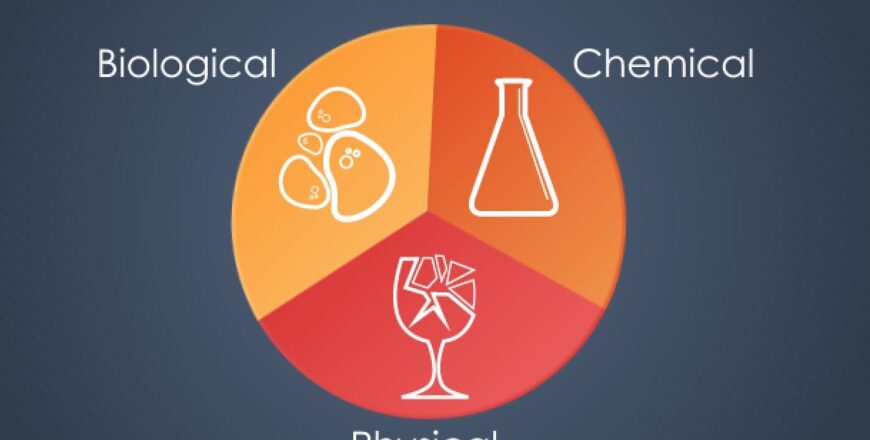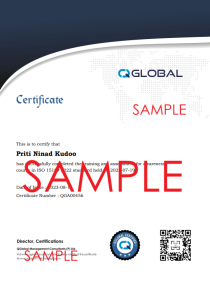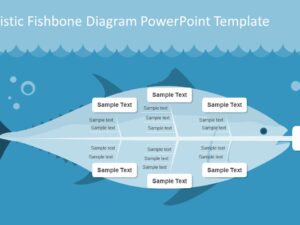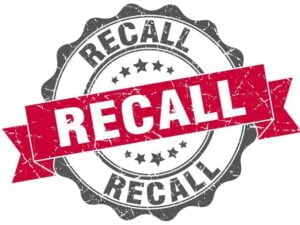Food Fraud Prevention & Vulnerability Assessment (VACCP) - Awareness Course
- Description
- Curriculum

Food fraud is the deliberate and intentional substitution, addition, tampering or misrepresentation of food, food ingredients or mislabeling on food packaging for economic gain. This course will teach you how to assure the authenticity of food ingredients and packaging by minimizing vulnerabilities through a risk assessment of supply chain. On completing this course, you will gain the knowledge and skills required to understand the context of food fraud, perform a food fraud vulnerability assessment and develop a food fraud prevention plan, in accordance with GFSI standards.
Who Should Attend?
- Auditors
- Certification Managers
- Facility Managers
- Food Agents and/or Brokers
- Food Importers/Exporters
- Food Safety & Quality Personnel
- HACCP Personnel
- Ingredient Suppliers
- Inspectors
- Owners/Operations of Food Business
- Fresher and job seekers
- Procurement Personnel
- QA/QC Personnel
- Quality Systems Coordinators
- Regulatory Authorities & Personnel
- Supply Chain Managers
Key Benefits
- Discuss where food fraud is likely to occur in your business or supply chain
- Learn how to develop a VACCP team in an organisation
- Learn to develop effective Standard Operating Procedures (SOPs) for VACCP
- Understand the communication requirements as part of preventing food fraud
- Learn to assign roles and responsibilities for VACCP
- Learn the documentation and record keeping practices
- Learn the inspection and verification techniques
- Develop employee training plan to effectively prevent food fraud
Learning & Evaluation Method
This is a self learning course. Study materials will be available in your account once you purchase the course. If you need a live and interactive course, you can opt for ‘ BUY FOR A GROUP ‘ option. Live course will have role plays, online workshops, practice questions and group discussions during the course so that each participant will gain in depth knowledge in the subject. Group purchase can be made for a single participant or for a group of participants. On receiving your order, our team will contact you to schedule a live training session as per your convenience. After the completion of this course you can participate in the online examination if you wish to test your knowledge . Those securing minimum 50% marks will pass the exam. You will be allowed to retake the exam. Attending the exam is not mandatory to receive a course completion certificate.
Certification
There are increasing numbers of organizations, who prefer candidates those who have certain certifications from recognized programs. Certification demonstrates your commitment to superior professionalism, upholding industry standards, and continued learning. These merits can help boost your professional credibility and prestige within your own network, in your organisation, with your current clients, and when pursuing new business opportunities. After the successful completion of the course and final exam, you will be awarded with a certificate of completion issued by QGlobal. Your credentials will be made available in the global online directory and can be verified by anyone searching with the certificate number. Without doubt we can say that our training courses are well recognized and sought after by organizations across various geographies.
Total: 206 Courses View all
-
1VACCP - Food fraud vulnerability analysis and critical control points
- Food fraud mitigation strategy
-
2Defining roles and responsibilities
-
3Creating documents and records
-
4Communication requirements
-
5HEC03 Training and awareness
-
6Identifying regulatory requirements
-
7Food adulterants and detection methods
-
8Substitution
-
9Mislabeling
-
10Adulteration
-
11Counterfeiting
-
12Dilution
-
13Grey market
-
14Historical evidence
-
15Geopolitical considerations
-
16Economic anomalies
-
17Complexity of supply chain
-
18Ease of access
-
19Ease of identification
-
20Identifying the significance
-
21Defining the control measures
-
22Review
-
23Inspection and verification
-
24Performance monitoring and improvement
-
25Handling non conformities









































